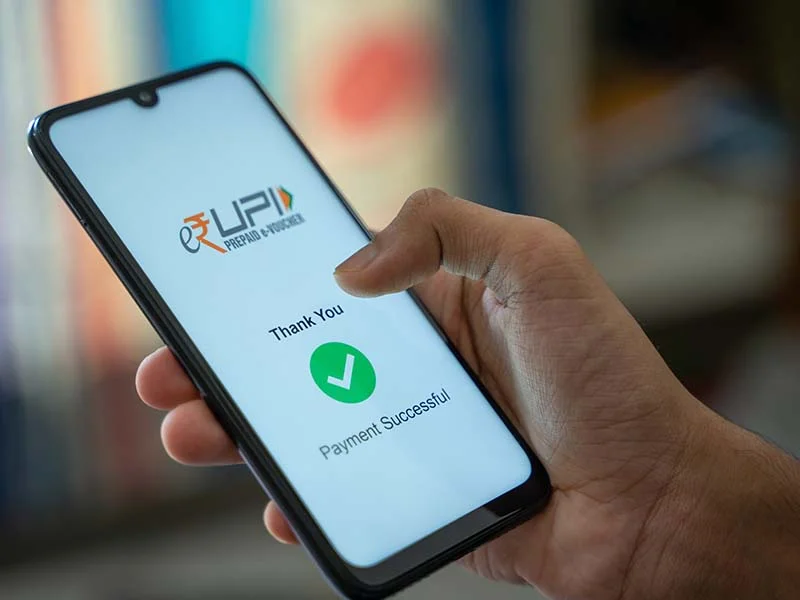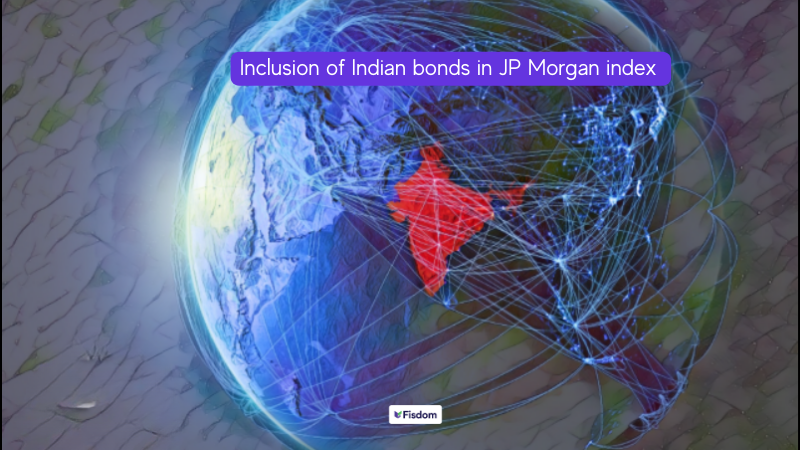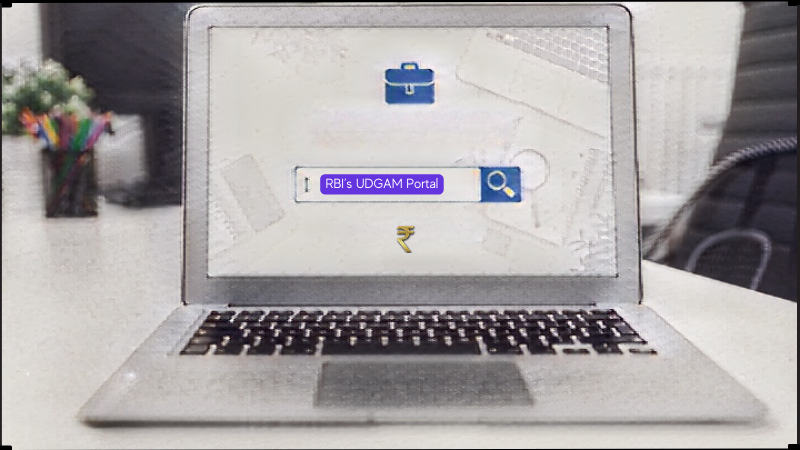
Day by day India is progressing in terms of technology. Now the number of e-payments in India is increasing at a great pace. This means India is moving towards a cashless economy. This cashless economy is just possible due to the advent of the Unified Payment Interface (UPI). This new payment model allows you to use your smartphone as a virtual debit card.
What is UPI?
UPI is a single platform in which users can send or receive money just by entering UPI id and UPI pin. UPI merges different banking features and services in a single place. All the payments that are made by UPI are real-time payments just by using a mobile number or by using a virtual payment address i.e. UPI ID.
UPI was started by National Payment Corporation of India (NPCI) and the Reserve Bank of India (RBI). RuPay payments infrastructure is handled by NPCI. NPCI allows different banks to interconnect and transfer funds.
To transfer any funds UPI pin and UPI ID is required. To send or receive any transaction or fund UPI ID is required which is the unique identifier for a bank. UPI pin is a four-digit personal unique number that must be entered to do any successful UPI payment. The pin can be set by the user itself.
What are UPI charges for a successful transaction?
Currently, UPI is the most successful payment system in India. UPI payment system is making a digital India. Nowadays, UPI is compatible with most Indian banks. Every bank has started to accept UPI payments. E-wallets have also started to make UPI payments like Google Pay, PhonePe, BHIM UPI, etc. But there is one question: are there any charges for doing a UPI payment.?
Currently in India UPI payments are free of cost. There is no extra charge for doing a UPI payment. You can transfer one rupee also and you can thousand Rs also. But there are some news articles that have been published which point that some banks may charge for UPI transactions in the upcoming future. Banks may charge a fixed amount for UPI transfers. IMPS and NEFT also charge on different transaction values.
The expected cost of UPI payments
Currently, all UPI transactions are free of cost. But there are talks that certain banks like Axis, HDFC, Kotak Mahindra, etc. are proposing charges on providing UPI service after the first successful 20 transactions.
Let’s discuss the charges:
Rs 2.5 will be charged below or equal to Rs 1000.
Above Rs 1000, Rs 5 will be charged and 18% GST will also be charged on the transaction above the first 20 transactions.
But please note that these charges have not been levied yet.
Mobile and Bank Application that supports UPI
Here are the Bank Applications that support UPI
· SBI pay by State Bank of India
· iMobile by ICICI Bank
· HDFC Bank MobileBanking by HDFC Bank
· Axis Pay by Axis Bank
· MahaUPI by Bank of Maharashtra
· United UPI by United Bank of India
· Vijaya UPI by Vijaya Bank
· Union Bank UPI by Union Bank of India
· Lotza by Federal Bank
· UCO UPI by UCO Bank
· Yes Pay by Yes Bank
· KBL Smartz by Karnataka Bank
· PNB UPI by PNB Bank
· Baroda MPay by Bank of Baroda
· SIB M PAY by South Indian Bank
Other mobile applications that support UPI
· Google Pay
· PhonePe
· FreeCharge
· Mobikwik
· Paytm
· BHIM UPI
· Amazon Pay
· Airtel Payments Bank
Features of UPI Fund Transfer
Some of the important features of UPI fund transfer are
· All the transactions that are made by UPI are very secure. There is no risk of fraud until and unless you share your UPI pin with some other.
· The transactions are done between an individual, entities, and also between an individual and an entity. All of these transactions are done by using a UPI pin.
· A nominal fee is charged by Visa/MasterCard when a transaction is done between two parties.
Advantages of UPI Transactions
· The UPI transactions are very safe and secure.
· The UPI transfers occur within seconds. UPI transactions are never restricted because there is no restriction of working hours or holidays. Even the bank strikes never affect UPI payments.
· For making a successful fund transfer you do not need any bank account number or even IFSC code.
· Using a single UPI app you can do several transactions from several bank accounts.
· You can transact the fund 24×7 from UPI. You can transact at any time without any time restriction.
How does UPI work?
UPI is a real-time payment system that allows users to transfer money between bank accounts instantly without sharing sensitive banking information. UPI is based on the Immediate Payment Service (IMPS) platform and requires users to have a UPI-enabled bank account and a mobile phone number registered with the bank. Users can make transactions using a UPI-enabled mobile app, and UPI transactions are secure and are protected by multi-factor authentication. UPI also supports bill payments, merchant payments, and transactions using QR codes.
UPI FAQS
UPI is an instant payment system developed by RBI and NPCI. Upi is built to instantly transfer money between two parties or persons.
UPI pin is a four-digit personal unique number that must be entered to do any successful UPI payment. The pin can be set by the user itself.
If you enter a wrong UPI pin, the fund transfer will fail. If you enter the wrong pin several times your account will be temporarily blocked.
When you shop online you can enter or input the UPI ID for making a successful transaction. Once entered the UPI ID and UPI pin, you can receive a collect request on your BHIM app.
All payments are instant, and the transactions can be done 24×7.
Once you complete the payment, you can see a success status on the BHIM screen. Due to some issues, the transactions can take some time. In case you didn’t receive the fund in the account, you can contact the customer support available in your bank.
You can easily view your previous transactions. To check your transaction history, you need to go to your home screen, then go to the transaction history, to view all your previous transactions.
If somehow you forget your UPI pin, you can regenerate your UPI pin using your debit card details (last six digits and expiry date of your card).


























